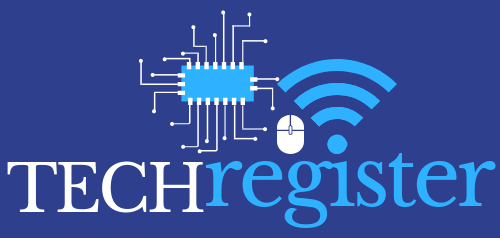The US Supreme Court heard oral arguments on Wednesday from Twitter, the US government and the family of a Jordanian citizen killed in a 2017 terrorist attack, in a case that will decide whether the social media platform can be held liable for the actions of those who use its services.
Much of the hearing was devoted to a careful parsing of the Justice Against Sponsors of Terrorism Act (JASTA), the law under which the Tammneh family brought their lawsuit. Their argument, essentially, is that Twitter is liable for providing a platform to terrorists who used it to communicate and plan the attack. Twitter, for its part, argued that it couldn’t be held responsible without a demonstration that it had been informed of a specific attack and failed to do anything about it.
The Tammneh case’s hearing came one day after another hearing —Gonzalez v. Google, a case that turns on a similar issue of whether a major tech platform can be legally responsible for bad actors using its services for malicious ends. But while arguments in that case centered heavily on Section 230 of the Communications Decency Act, a law that provides extensive immunity to internet companies from liability for user-created content, Taamneh focused more heavily on the JASTA law.
“The plaintiff’s claim that because defendants were generally aware that among their billions of users were ISIS adherents who violated their policies and, therefore, defendants should have done more to enforce those policies does not constitute aiding and abetting an act of international terrorism,” said Twitter counsel Seth Waxman, a partner at WilmerHale and a former US Solicitor General.
Justices skeptical of Twitter’s arguments
Some legal observers were surprised by the apparent skepticism with which some justices treated Waxman’s arguments, given the way the issues were treated in the previous day’s hearing.
“I thought the indication from Gonzalez was that [the court] was skeptical that JASTA would allow liability based on generally providing services to millions of people around the world, and I expected them to carry that skepticism into the Taamneh argument,” said David Greene, a senior staff attorney and civil liberties director at the Electronic Frontier Foundation.
The potential effects of a ruling against Twitter are enormous, Greene noted, but would heavily depend on the precise nature of the court’s decision. It would substantially affect Section 230, a fundamental backbone of the Internet, and a particularly wide-ranging new standard of liability could produce huge and immediate shifts in the way platforms like Twitter and Google operate.
One of the key effects, if some of Section 230’s protections are watered down by the court, could be a notice-and-takedown system, similar to that used for online copyright infringement, he added. More than one justice, he said, has an apparent interest in resurrecting the idea of “distributor liability” for internet companies.
“And that would result in a lot of stuff being taken down very quickly,” said Greene.
Rulings in both the Twitter and Google cases are expected this summer.
Copyright © 2023 IDG Communications, Inc.












